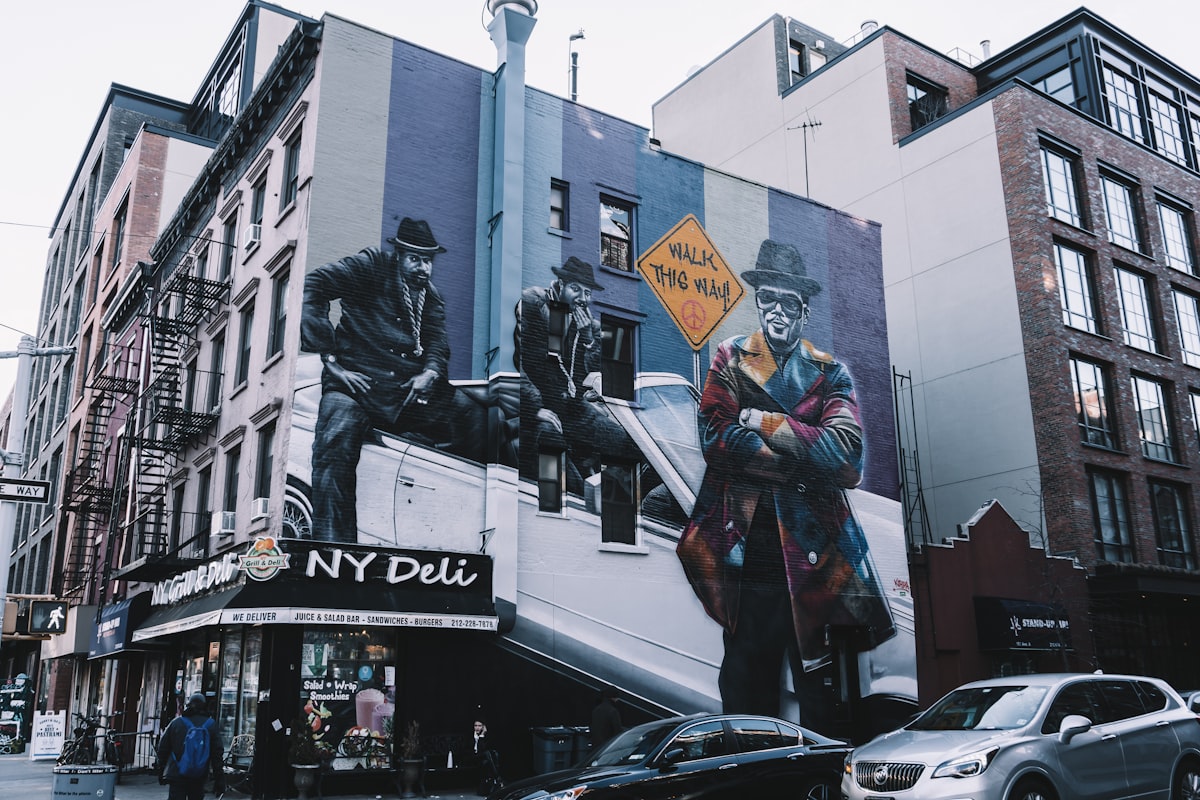walk this way
on the power of walking, as a salve, as a humiliation, as a release, as a political act. and on paying attention to the worlds we're losing

"At this historical moment of serious constraint, walking constitutes a tactic through which Palestinians not only resist dispossession and appreciate the beauty and richness of their land but also transform and contest the dominant depictions of Palestinian life as merely bare life, one devoid of the joys, hopes, laughter, creativity, and energy that also mark daily life in Palestine."
Anne Meneley's thoughtful and thought provoking essay, Walk This Way: Fitbit and Other Kinds of Walking in Palestine explores the power of walking, as a salve, as a humiliation, as a release, as a political act.
Meneley reflects on the act of self-measurement embodied in the Fitbit and the luxury of doing so as in individual in a space where you are not measured negatively by the colour of your skin, your language, your religion.
I knew the Strava story, but the Pokemon GO anecdote was sobering, not as you might expect, because I've played the game. Because I haven't. But as a reminder of how so many of our privately created services, bought and paid for by us because they "augment the real world" supposedly to enhance our experience of that world, do in fact erase that same world.
"But as Cristiano and Distretti (2017) point out in their study of how the abstract overlaid space of Pokémon GO operates in the concrete occupation space of East Jerusalem, the game in fact reinforces the Israeli state’s notion of a unified Jerusalem without a Palestinian presence: there are no Palestinian landmarks and hence no Pokestops, no Poké Balls, and no Pokémons to be captured.
The vibrant, crowded, historically rich East Jerusalem appears empty in the game. Cristiano and Distretti (2017, 131) argue that Pokémon GO “provides players with a depopulated and neutralized image of East Jerusalem, empty of the fetishes of the occupation.” The game thus “loses its innocence in the very moment that the act of playing becomes one of preserving the status quo, built according to and through lines of separation imposed by Israel’s order.”
By design these apps define a world that is distorted and skewed. And we rarely pay attention to that skewing. Mostly because we're lost in the device. Which means by default that we fail to notice how they're skewing and distorting us.
Our values. Our understandings. Our knowledge
So into this world of skewed, privileged and self-inflicted surveillance, who can deny the power and the symbolism of sarha, to walk, to roam, to engage in "serendipitous encounters that provide a valued event impossible to anticipate in advance."
A notion that has value far beyond the words of Raja Shehadeh, and the unique geography and nature of Palestine and it's people.
"To go on a sarha was to roam freely, at will, without restraint . . . . A man going on a sarha wanders aimlessly, not restricted by time and place, going where his spirit takes him to nourish his soul and rejuvenate himself. But not any excursion would quality as a sarha. Going on a sarha implies letting go. It is a drug-free high, Palestinian style.”
Palestinian Walks: Notes on a Vanishing Landscape
Also this reminder today, from one of the best people on this web, of this Hossein Derakhshan essay that reminded me then (as it does now) of how much we need to pay attention to this world.
To the worlds we're losing.
To the worlds we gave up on.
To the worlds we care for.
“hyperlinks aren’t just the skeleton of the web: They are its eyes, a path to its soul. And a blind webpage, one without hyperlinks, can’t look or gaze at another webpage — and this has serious consequences for the dynamics of power on the web.” https://t.co/VQcAsRRfTa
— Natasha Lampard (@tashmahal) February 26, 2019
